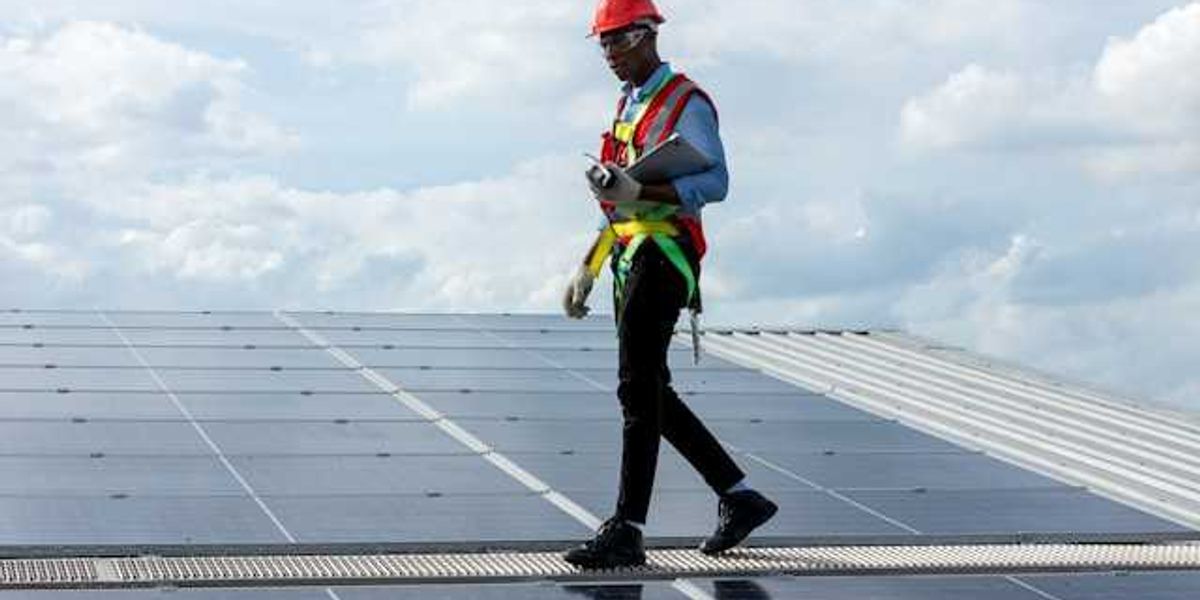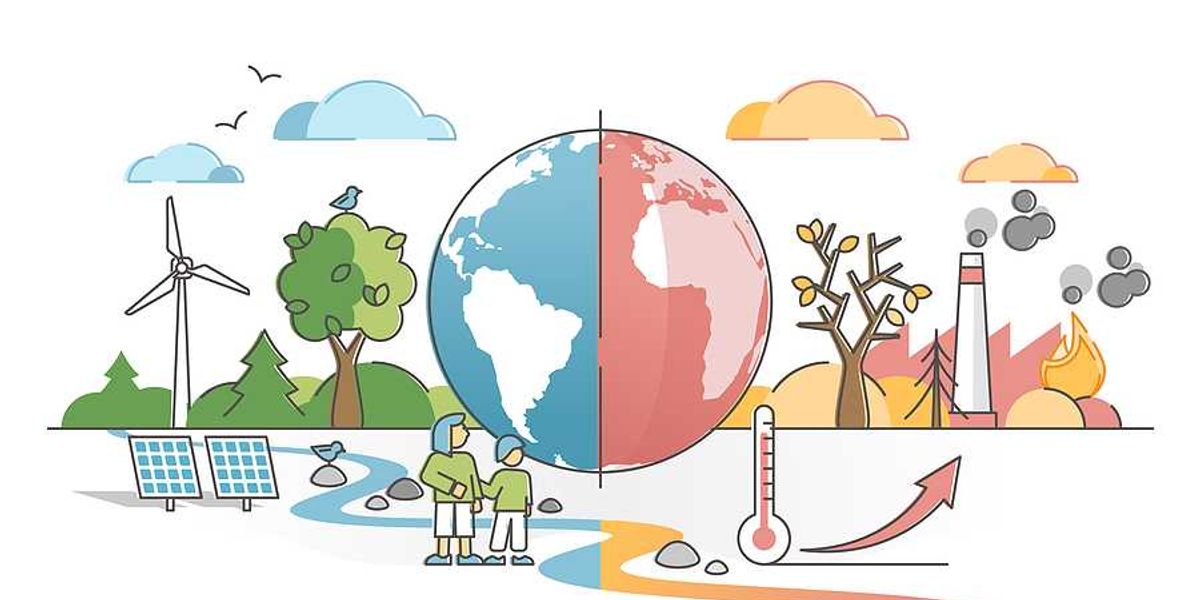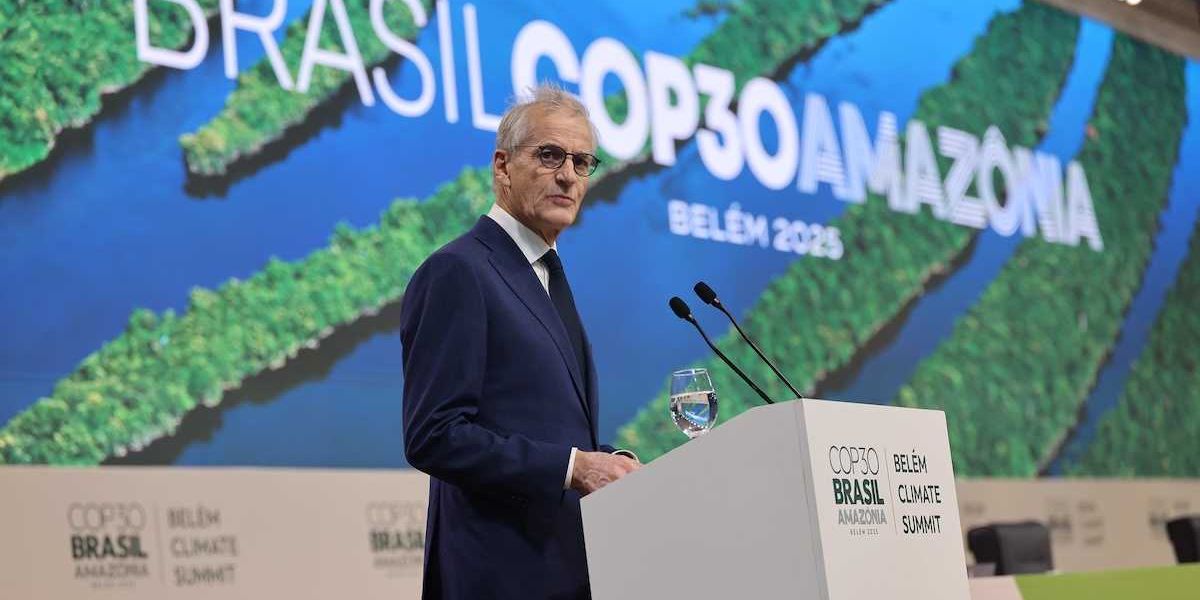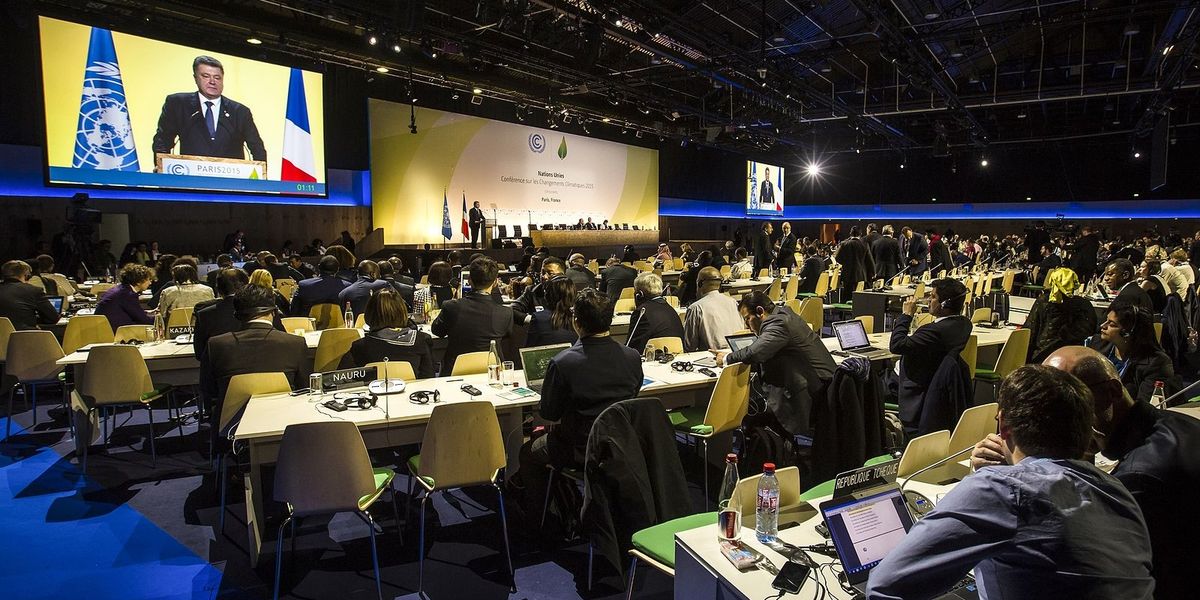Supreme Court allows fossil fuel companies to sue over California clean car rules
The U.S. Supreme Court ruled 7-2 that fuel producers can challenge California’s authority to set stricter emissions limits under a longstanding Clean Air Act waiver.
Adam Liptak reports for The New York Times.
In short:
- The justices ruled that fuel producers have legal standing to sue over California’s vehicle emissions rules, even though the case doesn’t yet touch on the legality of those standards.
- California has long held a federal waiver allowing it to set more stringent air pollution rules than national standards, particularly targeting tailpipe emissions.
- Trump rescinded the waiver during his first term, Biden reinstated it, and Trump has vowed to eliminate it again, potentially making the issue moot.
Key quote:
“Without California’s regulations in effect, manufacturers would likely make more cars powered by gasoline and other liquid fuels, thereby increasing purchases of those fuels.”
— U.S. Supreme Court Justice Brett M. Kavanaugh
Why this matters:
Tailpipe emissions from gasoline-powered vehicles remain the largest source of carbon dioxide pollution in the U.S., contributing heavily to climate change and worsening public health. California’s unique legal authority to impose stricter emissions standards — granted under the 1970 Clean Air Act — has helped drive national efforts toward cleaner vehicles, particularly electric cars. These rules have also reduced smog and soot that cause respiratory illnesses like asthma, especially in communities near highways. If fossil fuel companies succeed in overturning California’s waiver, it could weaken a critical lever states use to curb greenhouse gas emissions and protect residents from pollution-related disease. The court’s ruling opens the door to that challenge, placing a cornerstone of U.S. environmental policy under renewed threat.
Related: Why some House Democrats helped block California’s 2035 gas car ban













